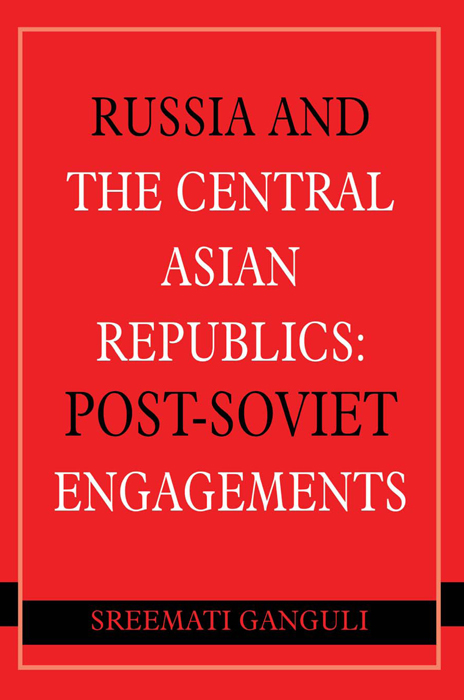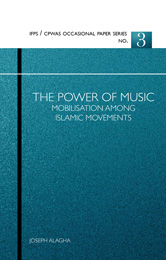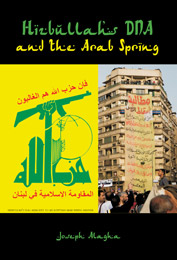Subjects
Russia and the Central Asian Republics: Post-Soviet Engagements
Sreemati Ganguli
For the world, the disintegration of the Soviet Union means the end of the Cold War rivalries between two rival power-blocs, led by the US and the Soviet Union. For Russia, it means, the loss of its earlier superpower status and the beginning of the process of adjusting itself with a new world order. But, most important, Russia became one of the fourteen member-states of the organization, Commonwealth of Independent States (CIS), a new entity that was born in place of the USSR. The post-Cold War era signifies, for Russia, a journey to adjust itself to new realities- a new international strategic scenario, the rise of new powers, and its own diminished strength. At the same time, the journey marks Russia’s search for a new status in the international order of powers.
To attain that goal, Russia felt it absolutely necessary to stay relevant in its immediate neighbourhood and the focus of attention became the Central Asian region, with which Russia shared a common history for nearly two hundred years and still now, they are interdependent and interlinked by their common security concerns in various ways. This book attempts to study the development of Russia’s relations with the newly independent, sovereign states of Central Asia in the post-Soviet, post-Cold War context. It argues that unlike during the Tsarist past, in the post-Soviet era, Russia tries to engage the Central Asian Republics in multifarious ways and the development of three such bondings between Russia and these Republics in the spheres of security, energy and migration is analyzed in this study.
This book also focuses on the post-Cold war context, as a number of global and regional powers are involved in the Central Asian region as the region is rich in energy resources and can act as a viable trade and transport corridor between Asia and Europe. So, Russia now does not enjoy the advantage of being the only power as the countries of the region have the option of choosing partners, according to their own choices and necessities. This changed context of competition adds a significant dimension to the development of Russia’s engagements with these states.


 Political Science
Political Science


